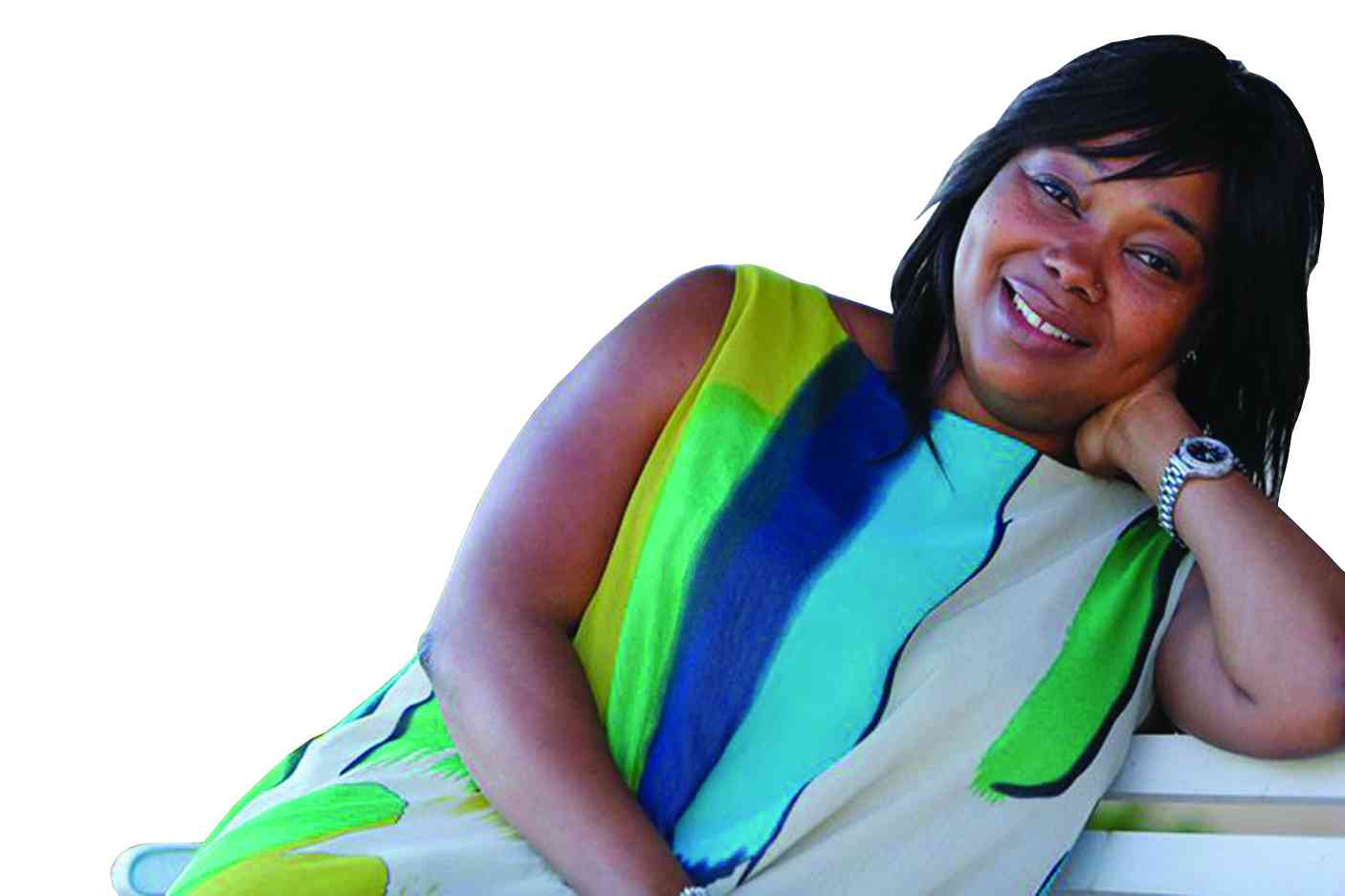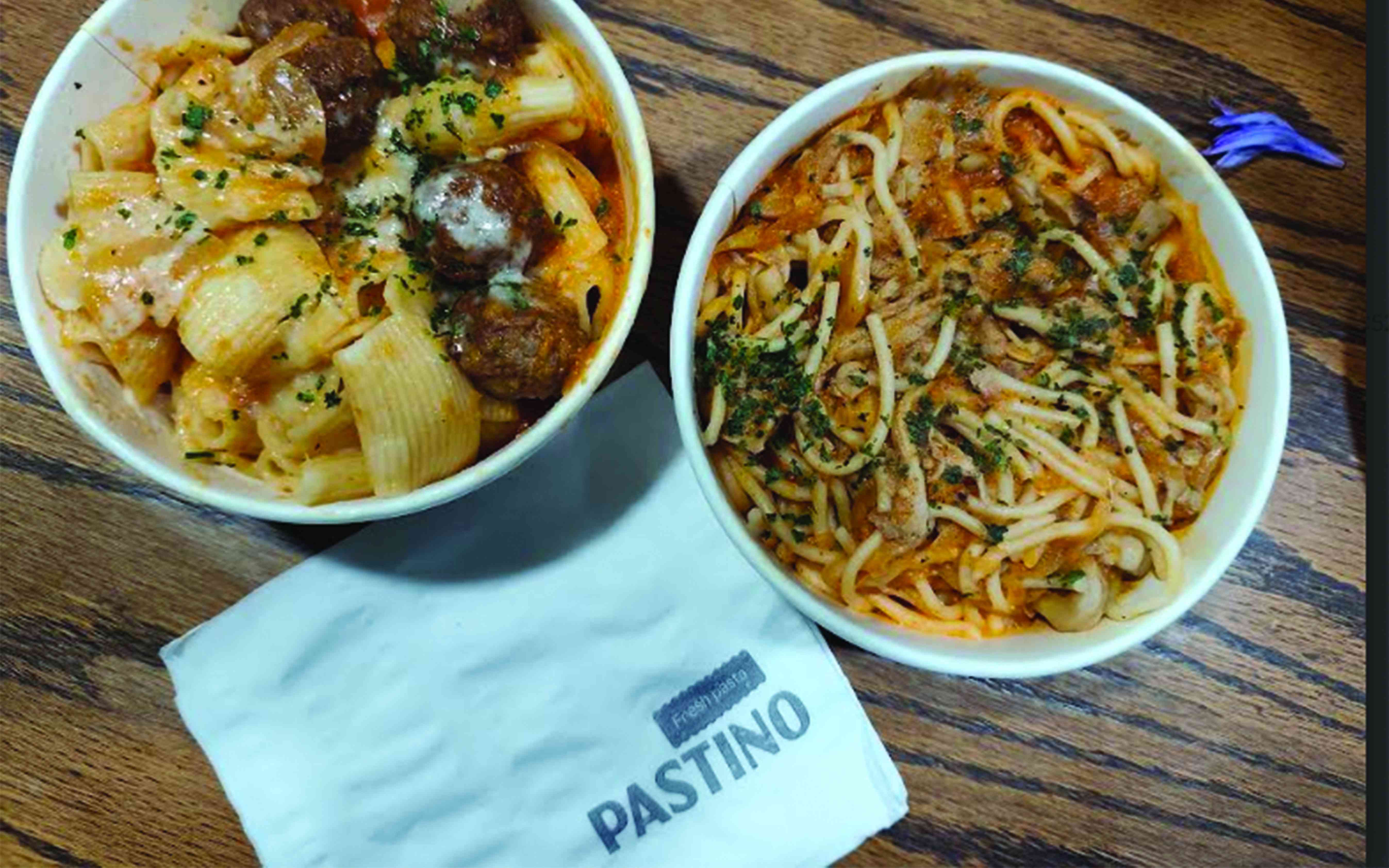
Last month, the Fashion Council of Zimbabwe (FCoZ) announced the appointment of Patience Lusengo as its new chairperson.
The announcement follows the end of Joyce Chimanye’s transformative five-year tenure at the helm.
Chimanye, a stalwart of the fashion industry with over 30 years of experience, was instrumental in establishing FCoZ in 2018 under the Association of the Cotton Value Adders of Zimbabwe (ACVAZ).
As chair, she oversaw the registration of the council as a trust in 2020 and led several impactful initiatives that laid the foundation for the current resurgence of Zimbabwean fashion.
Though stepping down, Chimanye will remain an influential figure within the Council, offering guidance in an oversight and advisory capacity.
Lusengo, a founding board member of FCoZ in 2022, brings a rich, multi-faceted career in modelling, fashion design and event curation to her new role. She is currently serving as director of the Miss World Zimbabwe pageant.
She will be supported by a newly-appointed board comprising Tafadzwa Zimoyo, Herald Entertainment and Lifestyle editor, (vice-chairperson), Yolanda Ngwenya, founder of the streetwear brand, Bakhar, (shadow to the chairperson and vice-chairperson).
The board also has Eglet Mutengwa-Nyabvure, the founder of Afro-sportswear brand, Pfeka, and Jackie Mgido, a cosmetics entrepreneur and founder of Vault Cosmetics.
- Miss World Zimbabwe returns under new patronage
- Sofar Harare in night of music, fashion and poetry
- Lusengo appointed new FCoZ chair
Keep Reading
IndependentXtra reporter Khumbulani Muleya (KM) caught up with Patience Lusengo (PL, pictured) and below are excerpts from the interview.
KM: Congratulations on your appointment. How do you feel stepping into this role, and what does it mean to you personally?
PL: Thank you so much. I’m truly honoured to take on this role. Stepping into the position of chairperson of the Fashion Council of Zimbabwe is both humbling and incredibly exciting. It feels like the culmination of many years of passion, advocacy, and belief in the power of Zimbabwean creativity.
Personally, it means the world to be able to shape an industry that has so much untapped potential. I see this as a chance not only to support designers and brands, but also to contribute meaningfully to our cultural and economic narrative.
I know this journey will enrich me deeply, both professionally and personally.
KM: What is your overarching vision for the Zimbabwean fashion industry under your leadership?
PL: My vision is to globalise Zimbabwean fashion — to ensure our designers are not only thriving locally, but also showcasing their work on international platforms and penetrating global markets.
I want to build a fashion industry that is respected, resilient and relevant. That means supporting sustainable production, building stronger infrastructure, promoting education and mentorship and — crucially — creating international partnerships that open real opportunities for export and collaboration.
Zimbabwean fashion should be both proudly rooted in our heritage and confidently future-facing.
KM: Are there any new partnerships or collaborations in the pipeline to boost Zimbabwean fashion?
PL: International partnerships are a top priority for me, and we are actively exploring several promising avenues.
While I can’t reveal specifics just yet, there is strong interest from organisations abroad that are looking to invest in or collaborate with African fashion talent.
Our focus is on building long-term, mutually beneficial relationships that give Zimbabwean designers access to global retail markets, mentorship and exposure. I look forward to sharing more as these initiatives develop — it’s an exciting time.
KM: What do you see as some of the biggest challenges facing Zimbabwean designers today?
PL: Access — to funding, to materials, to markets, and to consistent platforms for exposure — remains one of the biggest challenges. Many talented designers lack the infrastructure or financial backing to scale their brands. There is also a need for stronger fashion education and industry support systems. On a global level, we are competing in a fast--paced, highly-saturated market, so visibility and brand development are critical. We need to bridge the gap between local talent and global opportunity and that’s where FCoZ will play a key role.
KM: How do you plan to integrate Zimbabwe’s cultural heritage into modern fashion trends?
PL: Zimbabwe’s cultural heritage is incredibly rich — from our textiles and beadwork to our stories and symbols. I believe in using that heritage not as a constraint, but as a source of endless inspiration. Through mentorship programmes, collaborations with traditional artisans, and fashion weeks that celebrate local narratives, we want to make sure our culture is not just preserved, but reimagined.
The goal is to produce fashion that feels both authentically Zimbabwean and globally resonant.
KM: How can Zimbabwe differentiate itself in Africa’s growing fashion industry?
PL: Zimbabwe has a unique voice, and our strength lies in our authenticity. While other fashion powerhouses have built strong commercial industries, we have the chance to carve a niche through craftsmanship, storytelling and innovation rooted in culture.
Our designers are incredibly resourceful and expressive — we want to highlight that by developing signature aesthetics, ethical practices, and world-class branding. Being distinct is our advantage; we just need to spotlight it boldly and consistently.
KM: What lessons can Zimbabwe learn from other African fashion powerhouses such as Nigeria, South Africa, or Kenya?
PL: There is so much we can learn — from Nigeria’s bold branding and export strategies, to South Africa’s fashion week infrastructure and Kenya’s investment in creative entrepreneurship. These countries have shown the importance of industry alignment, government support and strong local ecosystems.
Zimbabwe can take those lessons and tailor them to our context. We don’t have to reinvent the wheel — we just need to build a wheel that turns in our own direction.











